Business as usual in money laundering fight
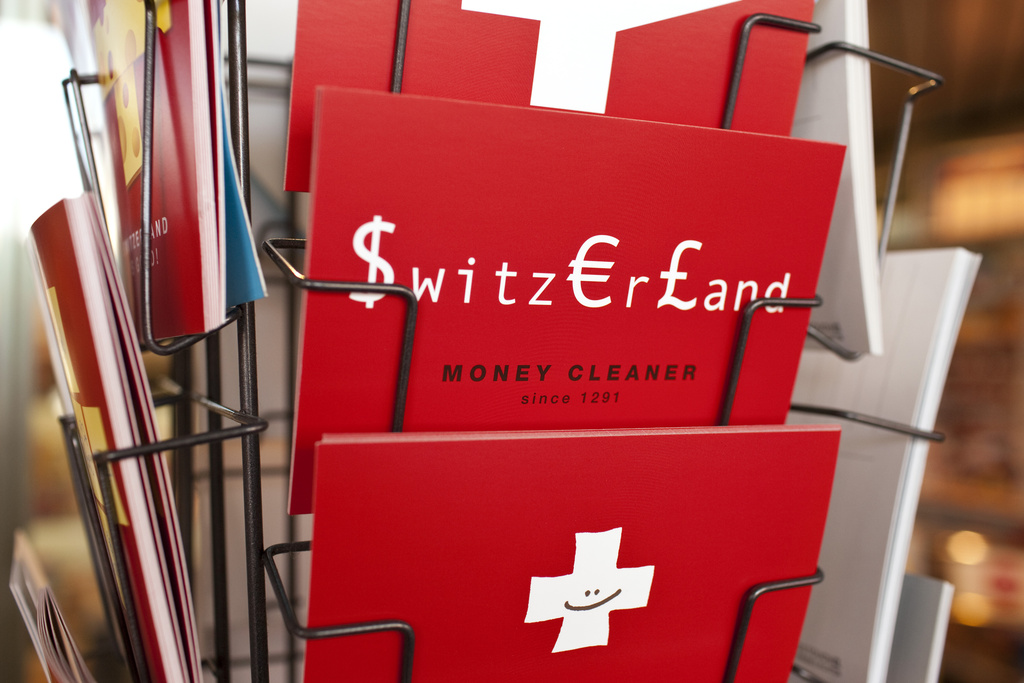
The number of reported cases of suspected money laundering continues to increase and reached more than 1,000 last year, according to the Federal Police Office.
However, despite a 30 per cent increase in cases over 2009 – mainly affecting banks – the total value of assets involved dropped by more than half to SFr847 million ($964 million), a level considered average in a ten-year comparison.
The Anti-Money Laundering Reporting Office (MROS) stressed the consistently high proportion of reported cases forwarded to the justice authorities.
“The measures in place to combat money laundering are working and the monitoring has become more efficient,” said Judith Voney, head of MROS at the Federal Police Office.
The annual report, published on Thursday, puts into perspective the seemingly contradictory data.
“The increase can be mainly attributed to two complex cases from the banking sector that resulted in a large number of SARs [Suspected Activity Reports] due to numerous business connections reported.”
Another factor that may have influenced the statistics is an amendment of the Anti-Money Laundering Act in force since 2009 setting more stringent rules for financial intermediaries, the report points out.
Banks
As in previous years the vast majority of suspected cases were submitted by the banking sector, ahead of the payment services sector.
Of the seven SARs involving substantial level of assets none exceeded a total value of SFr100 million.
Among them were a major bank and a foreign controlled bank suspected of criminal mismanagement and bribery.
Voney declined to give further details.
Despite the increase in the reporting volume in 2010, total asset value was just under SFr850 million. This compares with the all-time high of SFr2.23 billion of 2009.
In the context of the past decade the latest figures are considered average and usual whereas the previous two years went on record as exceptional peaks, Voney told swissinfo.ch.
Terrorism funding
The number of SARs involving suspected terrorist financing nearly doubled between 2009 and 2010. The increase from seven to 13 cases is again relativised by the office, which says that three cases alone generated eight SARs as they involved multiple business relationships.
“Taking this into account, the situation in 2010 remained more or less the same as in the previous year,” the annual report says.
Ten reports were sent to the Federal Prosecutors Office, which found no hard evidence of terrorist financing in six of them, according to the authorities. None of the terrorist-related SARs revealed any connection to anyone on the official terrorist list, they added.
Overall MROS notes that the proportion of suspected cases forwarded to the justice authorities fell slightly to 86.5 per cent in 2010.
“The figure continues to reflect the excellent quality of the SARs submitted to MROS,” the report said, noting that the Swiss reporting system is based on a well-founded suspicion of money laundering.
Records on suspicious transactions have been kept since 1998.
Due diligence
The new head of the Swiss Financial Supervisory Authority, Anne Héritier Lachat, in charge of regulating the financial market, told swissinfo.ch last month that the current system to prevent money laundering seemed to work.
Asked whether Swiss banks respected the due diligence rules when dealing with money belonging to the deposed or embattled leaders in North African countries, she said it was too early to give results of an official enquiry. But she added:
“We don’t have any real reason to think that the level of diligence has dropped in recent years. On the contrary: checks by watchdogs on individuals have increased.”
Money laundering issues made the news headlines recently in Switzerland.
Last week a Zurich banker, Oskar Holenweger, was cleared of charges including money laundering by a federal court. The case dates back to 2003 and centred around a French energy group.
In another development, a local court last Thursday fined the financial services arm of Swiss Post for failing to detect a money laundering scam. It is the first time a Swiss financial institution has been sanctioned under laws which require a thorough investigation of the origins of suspicious money transfer. An appeal against the verdict is pending.
1,159 suspected cases of money laundering were reported in 2010 (+29.4%).
The total value of assets dropped to SFr847 million from SFr2.23 billion in 2009 (-62%).
The banking industry was involved in 71% of cases, while the payment services sector accounted for a further 16%.
Incidents of suspected terrorism funding increased from 7 to 13.
82 reports were filed by financial intermediaries in the wider context of so-called Politically-Exposed Persons.
Under an 2008 accord Swiss banks agreed a set of rules aimed at preserving the good reputation of their industry.
They pledged to verify the identity of their contracting partners and the identity of the beneficial owner of the assets.
They promised neither to provide any active assistance in the flight of capital nor to help actively in tax evasion and similar acts by providing incomplete or misleading evidence.
Source: Swiss Bankers Association; Agreement on the Swiss bank’s code of conduct with regard to the exercise of due diligence (CDB 08).

In compliance with the JTI standards
More: SWI swissinfo.ch certified by the Journalism Trust Initiative



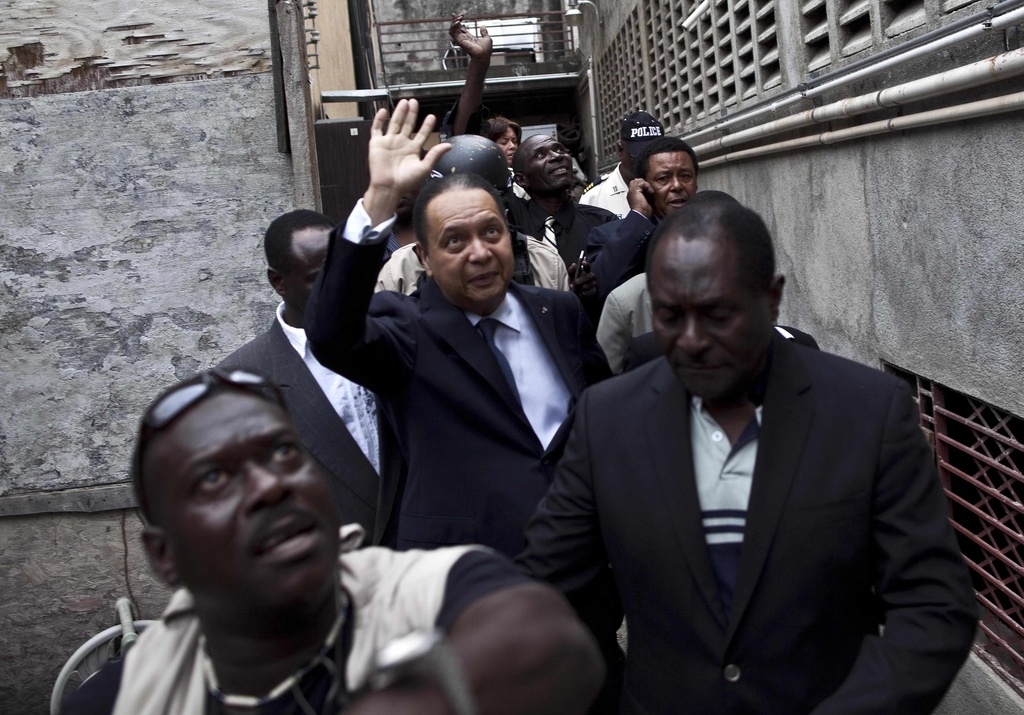
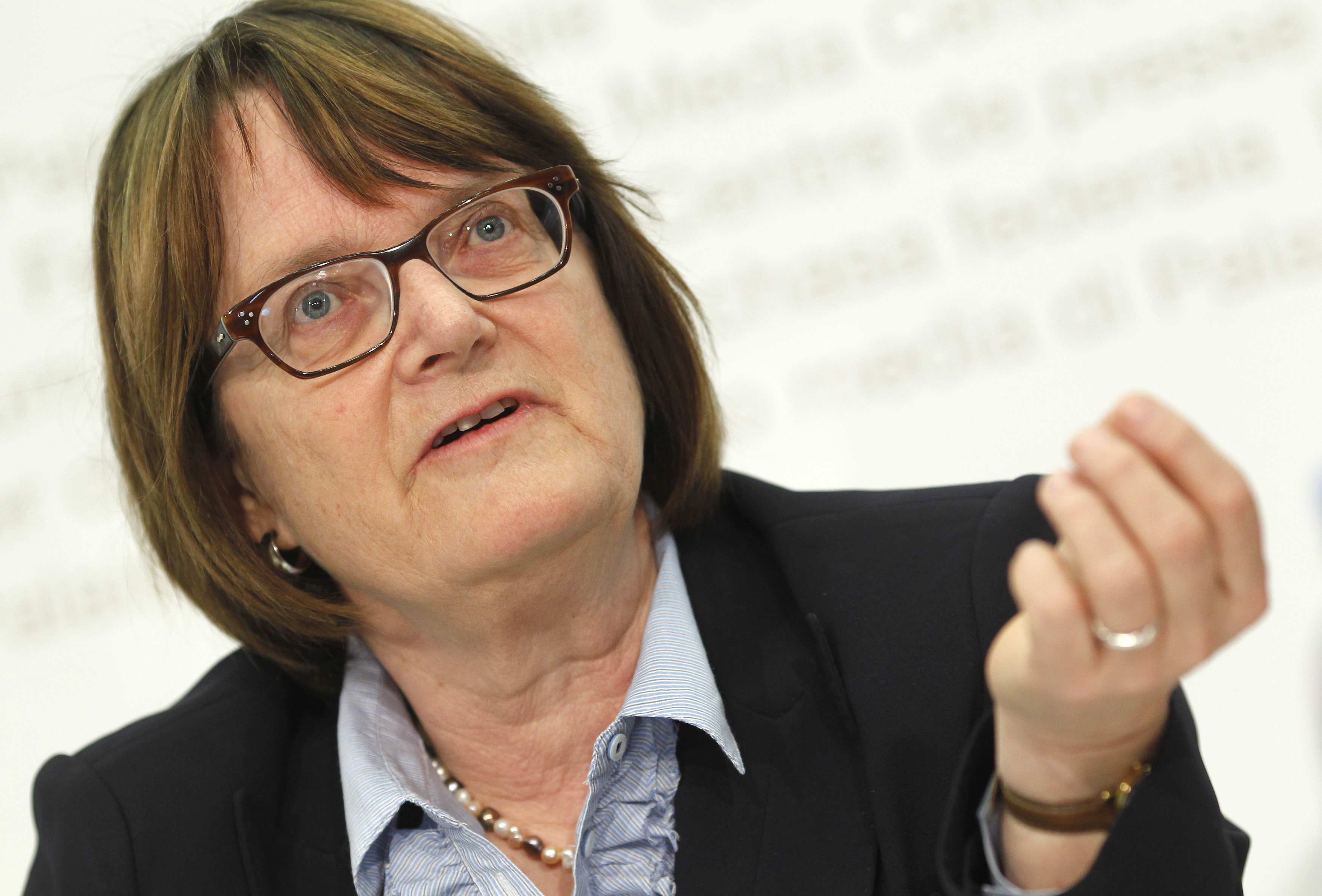
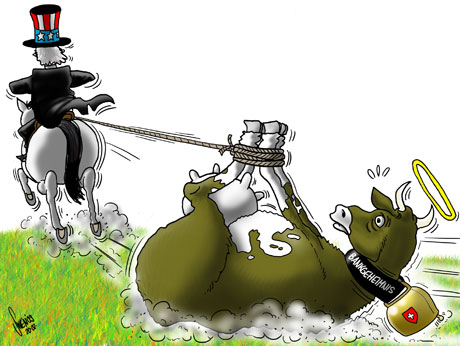
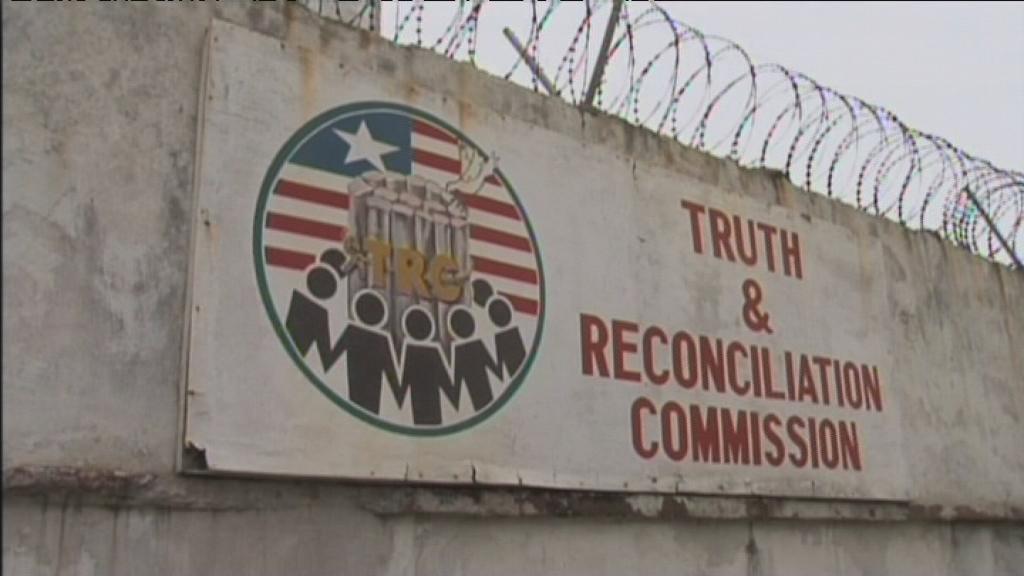
You can find an overview of ongoing debates with our journalists here. Please join us!
If you want to start a conversation about a topic raised in this article or want to report factual errors, email us at english@swissinfo.ch.